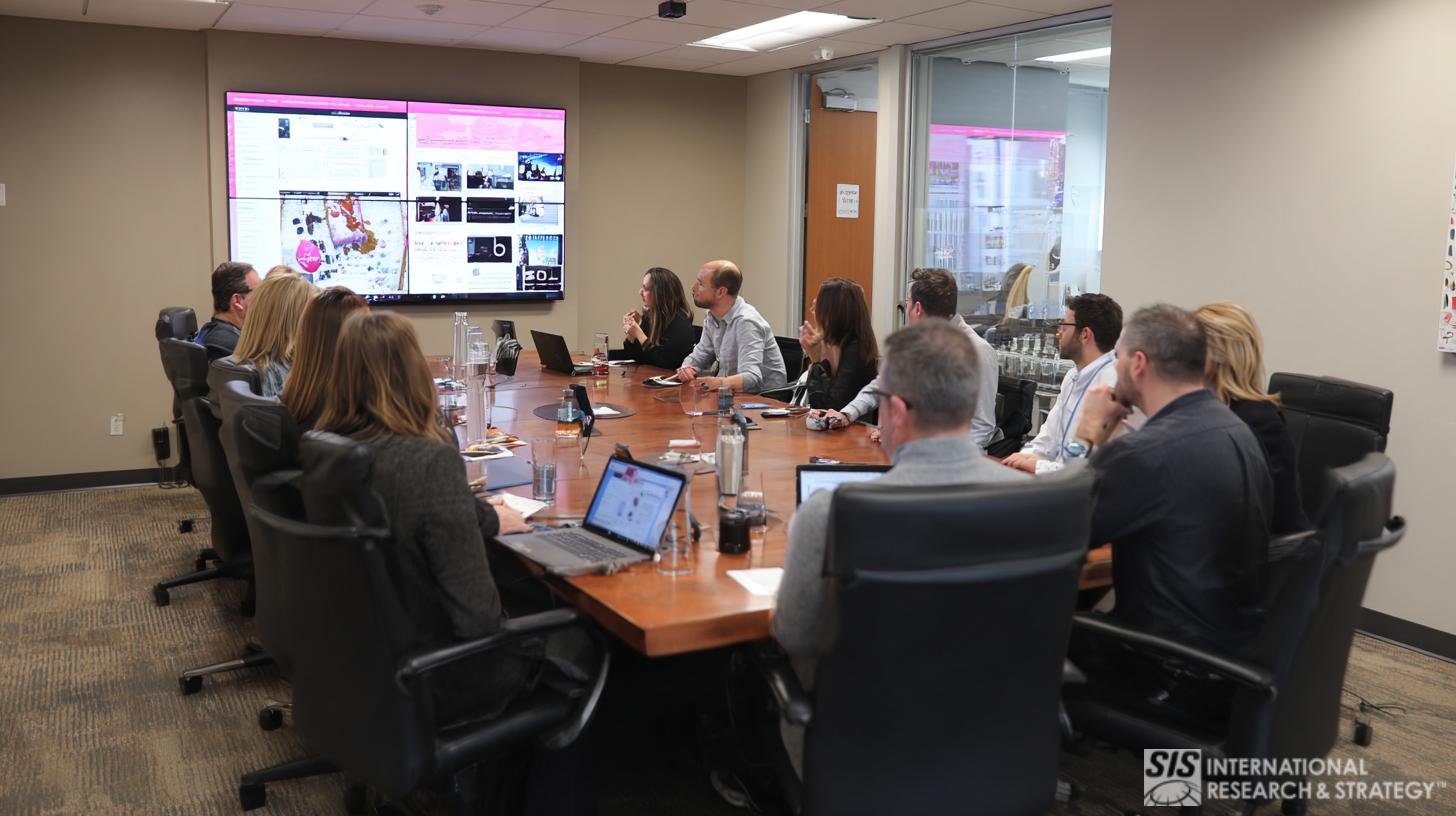
One of the most daunting challenges in today’s global economy is the “Talent crunch” and challenges in scouting, recruiting, and growing talented people in your firm. Ageing societies are struggling to find qualified people to run complex and high-technology processes.
Attracting and retaining talent can mean the difference between success and failure in today’s fast-paced global economy. Significant trends are impacting HR management functions, including the rise of Artificial Intelligence, Data Science, Automation and Algorithms.
人才管理的重要性
人才管理之所以重要,原因如下:
- The HR function is considered strategic by more and more companies.
- 人力資源專業人士仍然認為,他們的員工沒有做好充分準備來滿足公司的未來計畫。
- HR management has embraced software and management tools but many companies use manual tools and processes.
- Technology-enabled automation of discrete talent functions is providing significant opportunities for cost containment.
- Cross-functional HR metrics leveraging workforce analytics can provide an advantage.
- 千禧世代更有可能跳槽,因此人才獲取和人力資源保留至關重要
- 指標的測量和管理、關鍵績效指標以及勞動力分析變得越來越重要。
人才引進
A robust Talent Management function within a company hires beyond the traditional model of looking only at skills; instead, they hire by “talent.” Focusing on defining the talent needed to reach organizational goals and building a plan to make certain you have the talent available are the crucial first step in a robust TM function.
他們的方法超越了外在方法。管理者需要能夠了解自己的才能,需要進行大量的內省。一個有安全感的領導者在僱用比自己更好的人方面沒有任何問題。
As part of a company’s long-term Talent Management procedures, much of the scouting process involves getting both managers and members of Generation Y on board. Generation Y has fundamentally different objectives in their behavior, outlook and interaction in the workplace. Generation Y, as a baby boom generation, is widely considered one of the most important generations in advancing a rapidly ageing workforce.
將 Y 世代融入工作場所
SIS has built a model that proactively integrates very talented members of Generation Y in creative development, strategic planning and research. Essentially, the goal is to harness both the strengths of older and younger generations, while minimizing the intergenerational tensions that often arise in corporate settings.
Embracing Generation Y is one possible method. For example, at SIS, managers fully embrace the youth. We provide them with an uncommon opportunity for experience and confidence to allow them the opportunity to thrive. And through their perspectives, we have considered many new initiatives that have continued to our success, our commitment to innovation and ability to provide high degrees of client value. But, what works in our company may not work in others. It is a matter of striking the right balance between strategy and culture.
Making Your HR Function More Strategic
The Talent Management function certainly considers necessary skills and the candidates’ ability to grow their skills, applying them to core business processes and leading change. Talent Managers analyze the candidate’s ability to fit within the corporate culture, viewing corporate culture as a valuable competitive advantage. For certain companies, integrity, responsibility and character are important in ensuring that the company’s long-term interests will be fulfilled. For example, many financial services firms look to ensure that their new talent are group-oriented to minimize self-serving behavior that could potentially endanger their firms.
Aligning talent with corporate culture is not fluffy marketing jargon. A strong corporate culture with employees on board contributes to strong competitive advantages in companies like Southwest and Apple.
在組織結構嚴格的公司中,往往會有大量的人才。但是,當有才華的專業人士感覺不被重視、尊重或感覺沒有足夠的自由來構思和實施創意時。
衡量人才管理的價值
許多公司致力於營造能夠透過人才招募培養牢固關係的環境。這是因為人才在公司營運中的絕對價值,以及如果人才獲取不滿意可能會出現的競爭。此外,即使企業文化僵化,公司也希望確保他們的人才能夠蓬勃發展。許多公司認為,實現這一目標的最佳方法是為其才華橫溢的員工創建一個基於真實、可靠和信任的牢固關係網絡。
公司現在可以使用整合的複雜知識共享內部網路,讓員工與整個公司的才華橫溢的專家聯繫,以立即傳播高水平的技術知識。這裡的要點是實施流程,使公司能夠 立即地 駕馭並利用他們的才能。
A long-term perspective
Talent Management is a long-term process, with three potential ways to continually cultivate their talent:
- 重新訓練 – 必須對人員進行再培訓並確保他們擁有適當的資源來執行
- 復位 – do not discard antiquated talent, but help reposition them periodically according to their strengths within the company
- 退休 – plan with your staff their retirements and futures to build goodwill and loyalty
關於人才管理市場研究
Talent Management Market Research provides data, insights and strategies to drive performance with your company’s most valuable resources — your team. We conduct Qualitative Research, Quantitative Research, and Strategy Research. In Qualitative Research, we conduct Focus Groups, In-Depth Interviews, Workplace Ethnography, and Online Communities. In Quantitative Research, we conduct employee surveys and surveys with prospective candidates. In Strategy Research, we conduct research into the competitive landscape, competitive analysis, 市場機會研究, and Market Sizing.


